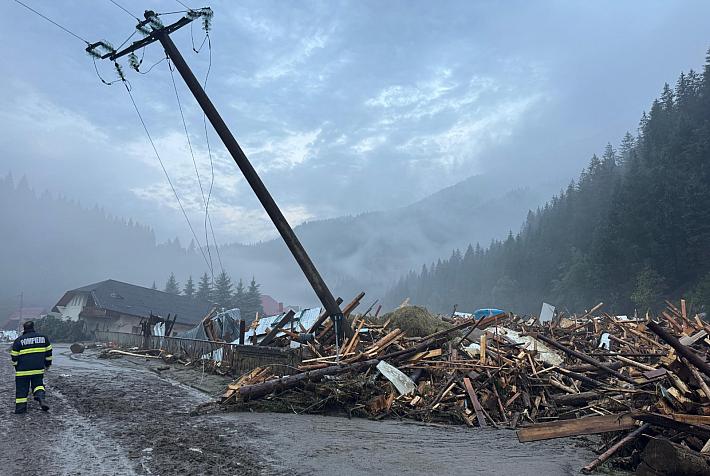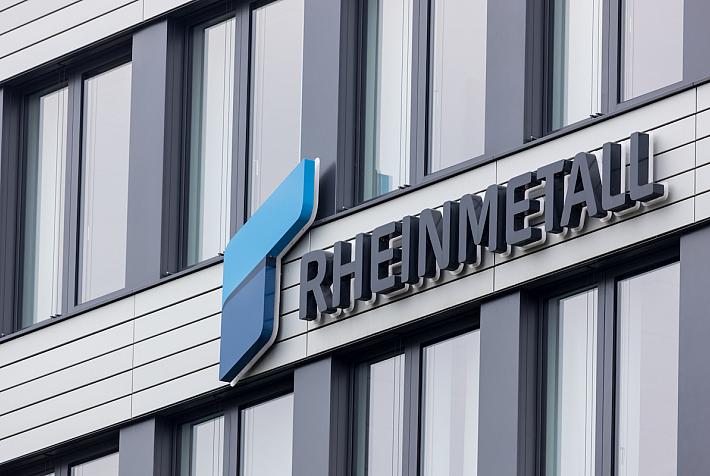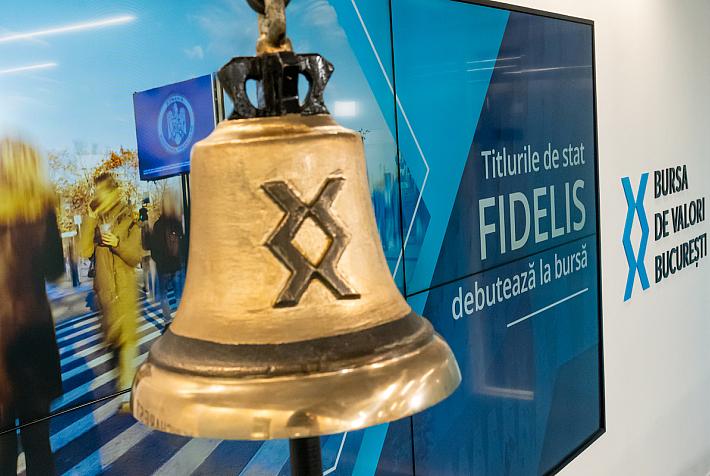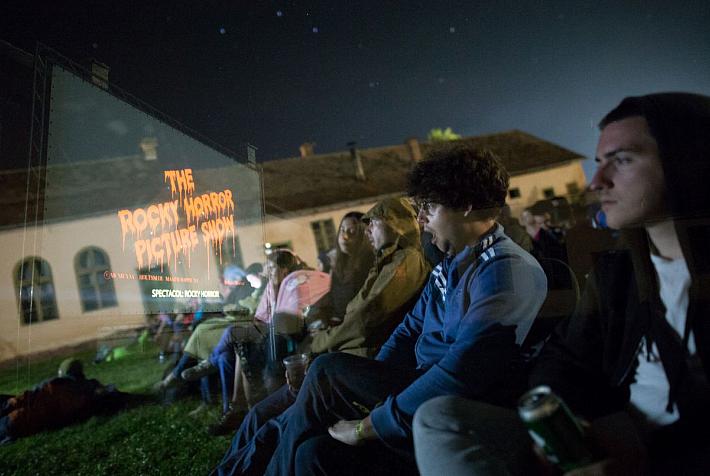Runaway Romanian investor included on Europol’s “Most Wanted” list
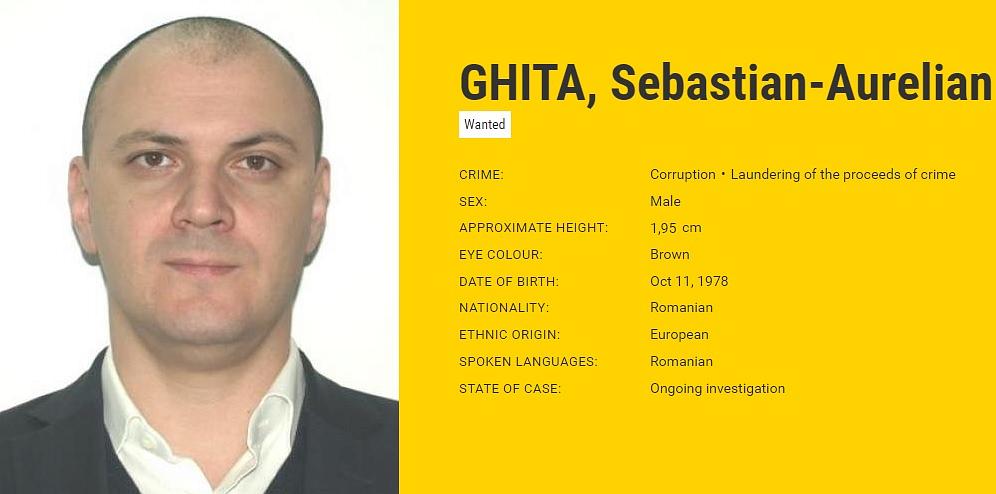
Romanian investor Sebastian Ghita, a former MP who disappeared in mid-December last year, was included on Europol’s “Most Wanted” list. He is the only person investigated for corruption on this list, which includes some of the most dangerous criminals in Europe. Ghita has been the spearhead of the recent attacks against Romania's National Anticorruption Directorate (DNA).
Sebastian Ghita is investigated for corruption in a case related to former British Prime Minister Tony Blair’s visit to Romania in 2012. The National Anticorruption Directorate - DNA’s prosecutors believe that Ghita paid for a visit Tony Blair made to Romania, during which the former British PM met Victor Ponta, who was Romania’s PM at that time. The prosecutors think that Ponta benefited from that visit and that he rewarded Ghita with an MP seat. Ghita is also investigated for other corruption offenses.
On January 5, a Romanian court issued a national arrest warrant on Ghita’s name and one day later DNA asked for an international arrest warrant. Ghita last went to the headquarters of the Prahova Police on December 19, last year. Weekly visits to the Police were part of his judicial control terms.
He was summoned on December 21 at the DNA office in Ploiesti for another hearing in a corruption case, but didn’t go. He only sent his lawyers. The Romanian media signaled his alleged disappearance, but the Police only started looking for him some two weeks later.
Since he went missing, Sebastian Ghita has been broadcasting video recordings of himself through his own TV station Romania TV making various allegations about political leaders and prosecutors. In this videos, he claims that the corruption cases against him have been fabricated by DNA prosecutors looking to get him to denounce top local politicians, including former PM Victor Ponta and Social Democratic leader Liviu Dragnea.
Ghita also claims that DNA has been working together with the Romanian Intelligence Service (SRI) in recent years to make cases against top local politicians, business people, and media moguls. He also mentions that he used to be friends with chief anticorruption prosecutor Laura Codruta Kovesi and Florian Coldea, the first deputy director of Romania’s Intelligence Service SRI. Coldea resigned earlier this month following Ghita’s public disclosure of holidays the two spent together in exotic destinations.
Meanwhile, Kovesi rejected Ghita’s allegations and said she didn’t want to start a dialogue with a wanted fugitive.
However, the attacks against DNA, Kovesi, and the justice system in general have intensified in recent weeks. Some local politicians as well as people investigated or convicted for corruption, lawyers, former intelligence officers, and journalists have been claiming that DNA and SRI formed a power structure in recent years that has been set on eliminating local leaders who opposed them. According to these people, whose messages are aired by several local TV stations, including Ghita’s Romania TV, DNA prosecutors and SRI officers illegally worked together on some cases. Moreover, they claim that DNA has been intimidating local judges into ruling against the people it investigated.
Local newspaper Evenimentul Zilei even suggested that DNA’s chief prosecutor had a direct line with SRI deputy director Coldea, which had been installed in her office by SRI.
DNA has rejected all these allegations and denounced them as attempts to undermine the judicial authority and to bring under question the local magistrates’ professional ethics. “It’s unprecedented how media groups partisan to political currents or business interest groups, together with people convicted or investigated by DNA, make countless statements and comments each day, through which DNA prosecutors are stigmatized, slandered, and aspects of their private lives are revealed,” reads a DNA statement.
DNA also called the Superior Council of Magistracy (CSM) to take more energetic actions for defending the judges’ and prosecutors’ reputation and independence.
Meanwhile, Romania's Government has issued two emergency ordinance drafts, one aimed at pardoning several thousand prisoners and the other one directed at changing some provisions in the Penal Codes. The controversial bills have been opposed by the President, general prosecutor, chief anticorruption prosecutor, and other justice officials, who said that such measures would undermine Romania's fight against corruption. Many local politicians and administration officials stand to gain from these ordinances.
However, the Government seems determined to push these measures, despite massive street protests, claiming that balance needs to be restored between the justice system and Romania's other state powers as well as between the justice system and ordinary people.
editor@romania-insider.com






